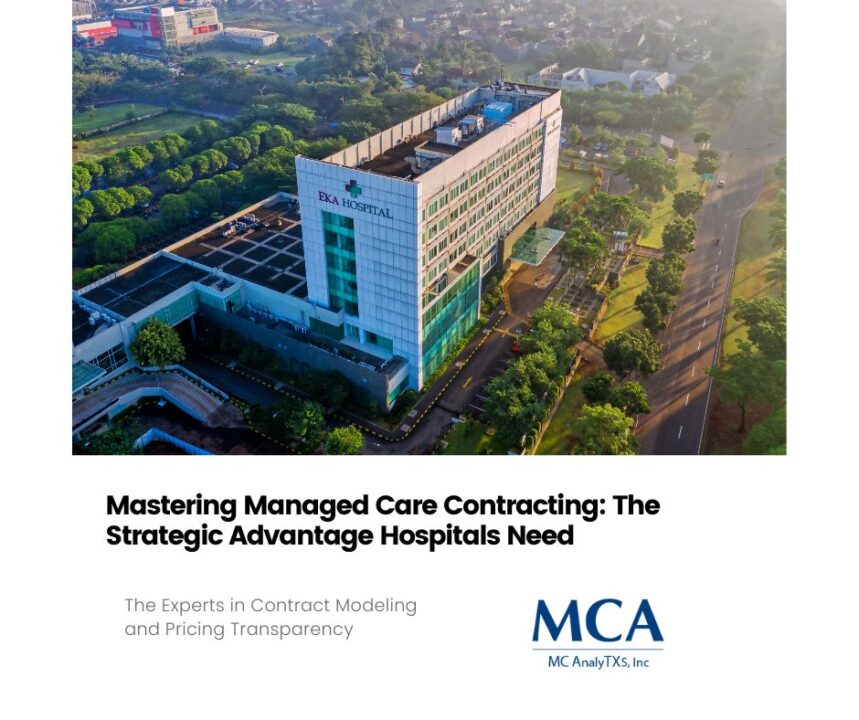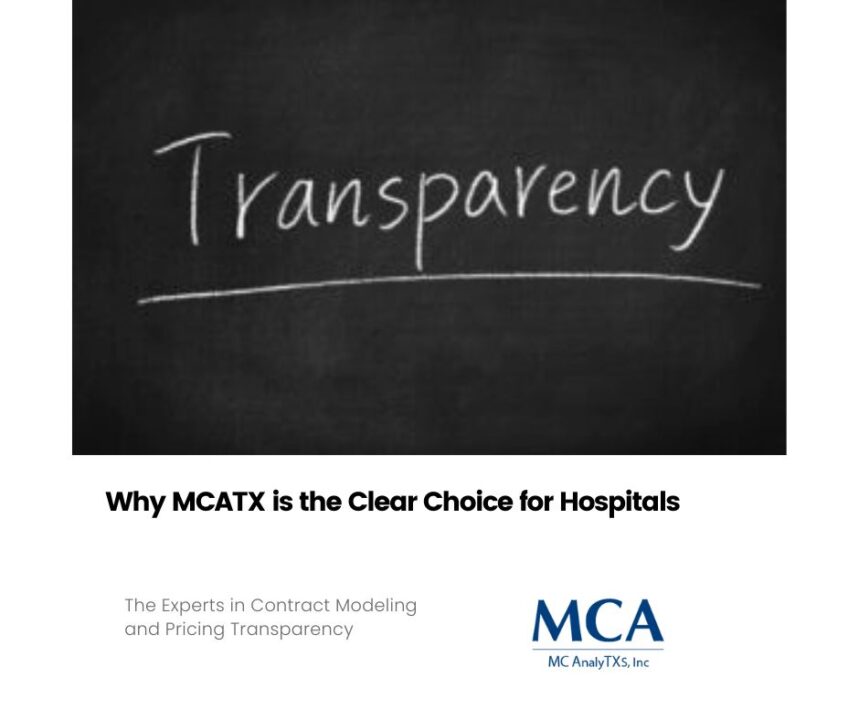
Automation in the revenue cycle is changing the face of healthcare
July 6, 2023
The Evolution of the Revenue Cycle through Technological Advancements
July 13, 2023
Revenue cycle management (RCM) is a crucial aspect of any healthcare organization. It comprises the administrative and clinical functions that manage a patient’s financial accounts during their entire visit to the healthcare facility. In recent times, underpayment denial has become a significant challenge faced by healthcare providers, especially during the pandemic period. In this article, we will explore underpayment denial reporting in RCM, what it is, and how it affects your organization.
What is Underpayment Denial Reporting?
Underpayment denial is a situation where a health insurance company fails to pay a claim in full for the service provided. Under this circumstance, healthcare providers are left with the responsibility to track and recover the underpaid amount. Underpayment denial reporting is the process of identifying and reporting these denials, with the aim of resolving them and alleviating the negative impact on an organization’s revenue cycle.
The Significance of Underpayment Denial Reporting in RCM
Underpayment denial wreaks havoc on a healthcare organization’s revenue cycle without proper tracking and reporting. The process of tracking down underpayment denials can be time-consuming and resource-intensive. The ability to identify and report underpayment denials in a timely manner can save an organization significant amounts of money and resources. It could also help to protect your organization’s revenue cycle by ensuring that you receive proper payments for all services rendered.
How Does Underpayment Denial Reporting Work?
Underpayment denial reporting typically follows a few steps. The first step is identifying the underpayment, tracking it down, and analyzing the cause. The next step is to appeal the decision based on evidence, negotiate with the insurance if needed, and re-billing the claim. The process of underpayment denial reporting requires an understanding of the healthcare organization’s internal payment policy, an awareness of the current insurance contract rates, and in-depth knowledge of current laws and policies governing insurance payments.
Benefits of Automating Underpayment Denial Reporting
Automating underpayment denial reporting can help healthcare organizations resolve underpayment denials in a more effective and efficient manner. Automation can be achieved through specialized software that tracks and analytics of the RCM processes. Automated underpayment denial reporting can offer data-driven insights, improve the precision and accuracy of the reporting process, reduce the margin for error, and increase transparency in the billing process.
Underpayment denial reporting in RCM is a crucial process that plays an important role in the financial stability of any healthcare organization. This process can be resource-intensive and time-consuming, but it is necessary for the overall accuracy and efficiency of the RCM system. Improving the process through automation can help to alleviate these challenges, improve the accuracy of reports, and expedite the payment process ultimately resulting in a more robust revenue cycle.
To learn more join our next webinar on July 20th at 1 pm CST.





